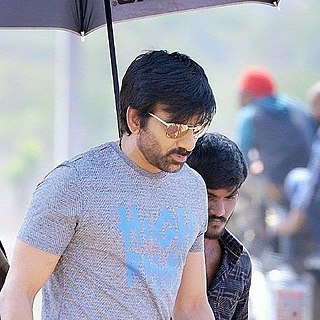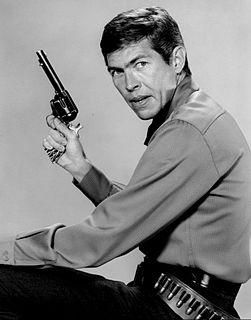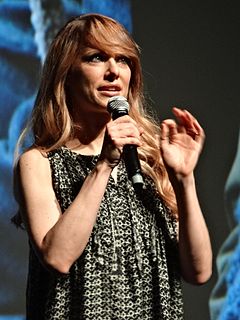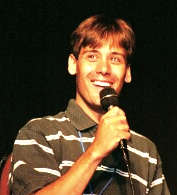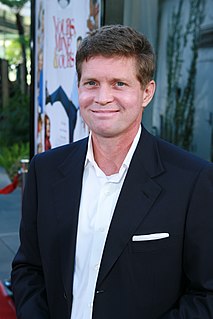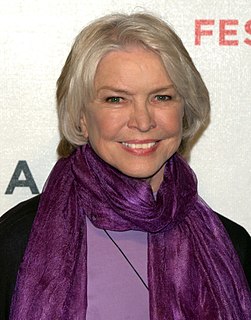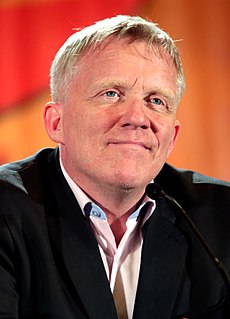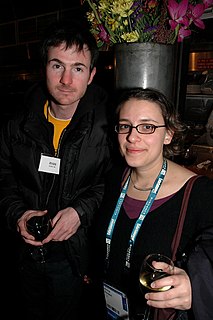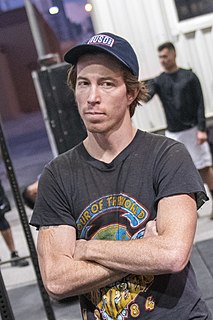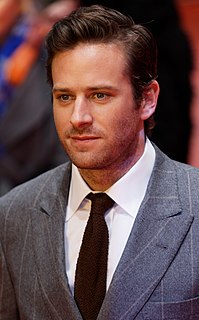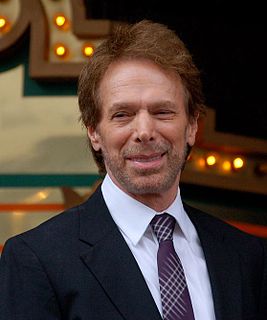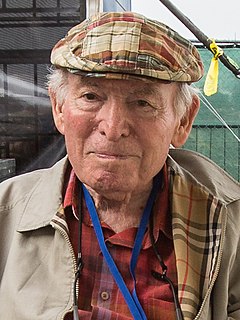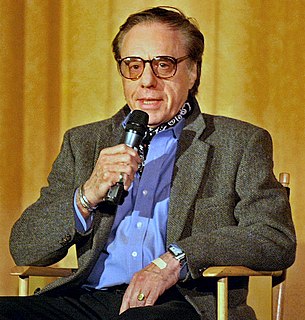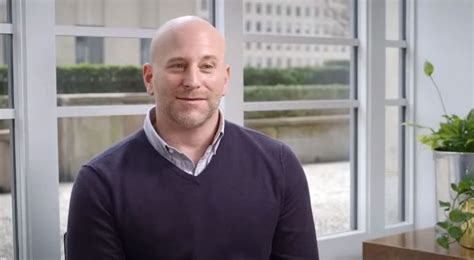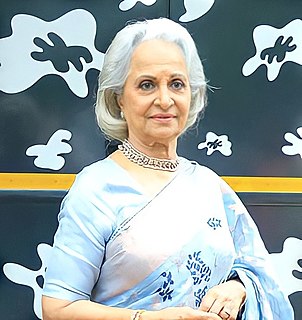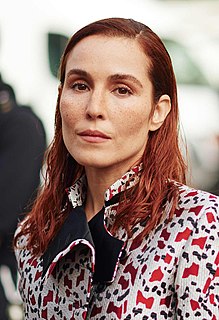Top 1200 Board Of Directors Quotes & Sayings - Page 4
Explore popular Board Of Directors quotes.
Last updated on April 20, 2025.
I always feel like I learn more from directors that are new, and I also am able to understand how much I really do know about filmmaking when you work with directors that maybe don't have as much experience, so you're able to sort of take the reins. I know how to do these movies, I've done so many of them and have learned from new directors who are usually willing to try new things and are more open to allowing someone like me to kind of come in and just do what I know how to do.
Hmm, can I be obvious and say there is probably a double standard for male vs. female directors? Sadly, I think that's actually the case. And it probably stems from the fact that there are proportionately so many fewer women directors than men ones that each project is perhaps more closely scrutinized for its content.
I filed the MSRB Reform Act, along with Sens. Elizabeth Warren and Doug Jones, because the board that oversees the muni-bond market is too secretive and too incestuous. Its membership shares the same DNA. That means the rulebook for municipal bonds is in the hands of a board that resembles a revolving door of longtime industry confederates.
I've read a hundred fantastic scripts that didn't pan out as films, and I completely put that on the directors. I've also read some mediocre scripts that have ended up being amazing, and I credit that to the directors. They're the storytellers. If you don't have a good storyteller, you really have nothing.
The single most damaging misconception about strategy is that it is a set of financial performance goals. The so-called "strategies" created by many managements are nothing more than three-to-five year financial performance forecasts. They are then labeled "strategy" and shipped off to the board of directors which goes through the motions of discussing how big the numbers are. Strategy is not your aspirations. Strategy is concerned with how you will arrange your actions and resources to punch through the challenges you face.
Being known as a writer did change the relationships I had with directors. The rap on actors is that they always want to inflate their parts. But when directors know you write screenplays and have a different view of things, you really get invited into the huddle in a much fuller way. And those collaborations end in friendships.
When I was first elected to the Colorado State Board of Education in 2000, we had to carry a big binder filled with hundreds of pages to every meeting. By 2004, the State Board had gone paperless. We even persuaded the less-tech-savvy members to use laptops to pull up their information during meetings.
They'll try to apply the rules of the day to the game, where you can't touch your board with your hands, or you can't step off your board, etc and I want nothing to do with it. It's like a game from a different planet or something and it's hard for me to relate to anybody who would think of skateboarding in such a narrow way.
I chose Bagdasarian Productions when I heard from some colleagues at work who were buying story boards at the time back in the early '90. I met the man once when I came in with the first half of the story board and the only thing he said when looking at the first half of the board was, "It's so nice to see someone using their imagination."
The key reason executives are paid so much now is that they appoint the members of the corporate board that determines their compensation and control many of the perks that board members count on. So it's not the invisible hand of the market that leads to those monumental executive incomes; it's the invisible handshake in the boardroom.
Often, entrepreneurs don't build a board until they are forced to by their VCs when they raise their first financing round. This is dumb, as you are missing the opportunity to add at least one person to the team who - as a board member - can help you navigate the early process of building your company and raising that first round.
Ambassador Kennedy brings to the Boeing board professional, diplomatic, and global perspectives that are highly valued in our rapidly evolving and increasingly competitive global business environment. Her diversity of experience and accompanying insights will broaden and strengthen our board in its deliberative and oversight roles for the company.
Searching out directors you respect and that you can learn from that's always the dream. That's the goal. That's hopefully where this whole thing is leading, and what better way to learn about directing and learn about what works and what I like and what resonates me than by working with a bunch of great directors.
History has a way of coming back to you. In the case of Janis Joplin appearing at the festival in 1968, her performance affected the life of a Bostonian who is now a member of the Newport Festivals Foundation Board of Directors. Ward Mooney was so affected and emotionally involved in Janis’ performance at Newport, that when he heard the festival was going nonprofit, he knew wanted to become a part. Janis was beautiful, gracious and respectful, and the power of her Newport performance continues to live on.
The editorial board, who endorses candidates, is totally separate from the news side of the business. We don't consult one another. They have one job to do, we have a totally different one to do. So whether the Washington Post editorial board endorses Donald Trump or Hillary Clinton is meaningless to me.
When the founder of World Energy Solutions Inc. assembled his first board in 2000, it consisted of nine investors and friends. The group met quarterly, generally affirming Domaleski's every action. But the Worcester, Mass., company, which auctions electricity and gas credits, lacked customers and financing. It needed more from its board to survive.
During the years I was on the board of directors of the National Organization for Women in New York City, the most resistant audiences I ever faced in the process of doing corporate workshops on equality in the workplace were not male executives - they were the wives of male executives. As long as her income came from her husband, she was not feeling generous when affirmative action let another woman have a head start vying for her husband's (her) income.

